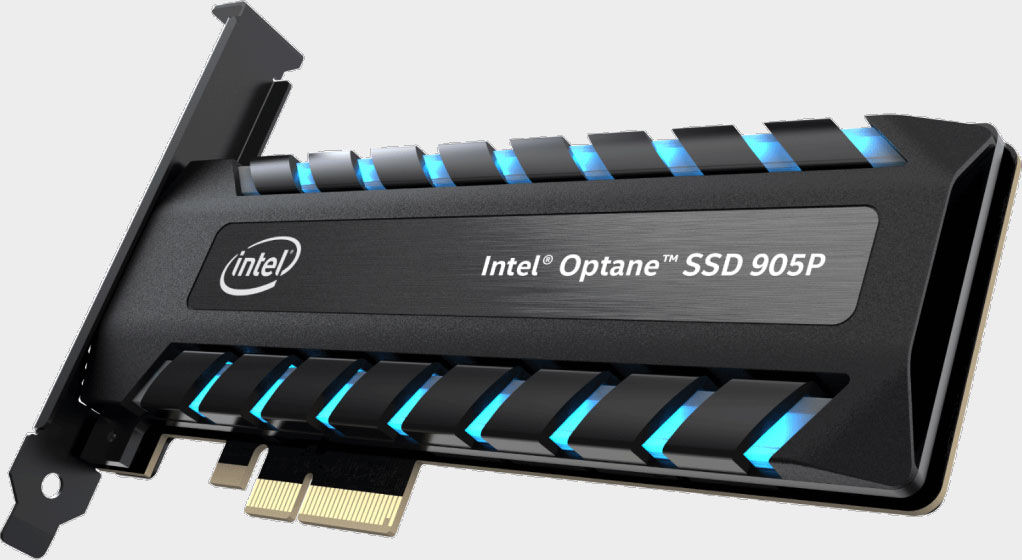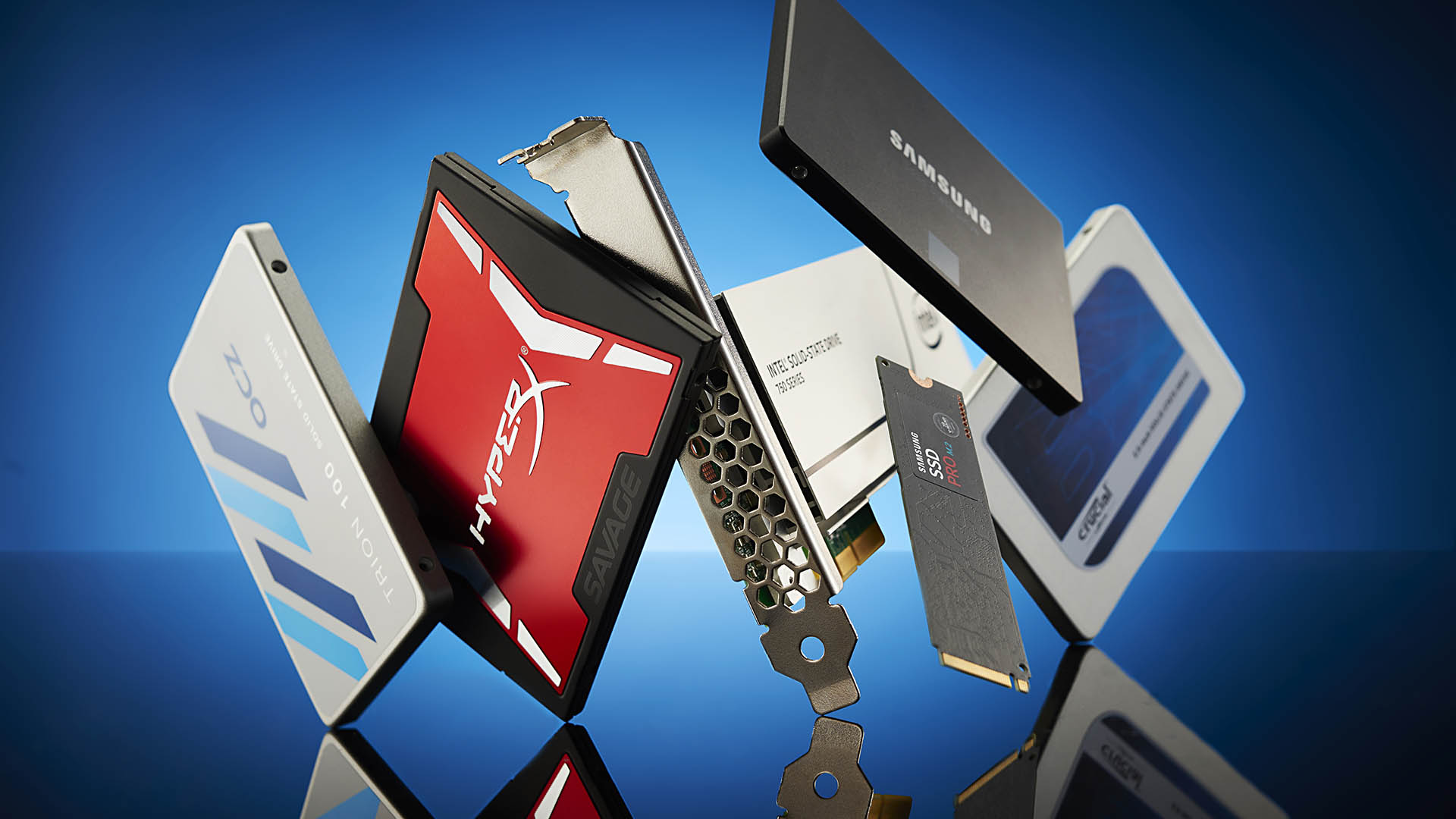Micron follows Intel's lead and plans to sell off 3D XPoint fab
Another nail in the coffin for consumer Optane drives.


Best SSD for gaming: the best solid state drives around
Best PCIe 4.0 SSD for gaming: the next gen has landed
The best NVMe SSD: this slivers of SSD goodness
Best external hard drives: expand your horizons
Best external SSDs: plug in upgrades for gaming laptops and consoles
Micron has announced it plans to sell its 3D XPoint fab in Lehi, Utah by the end of the year (via Tom's Hardware). This comes after revealing it lost $400 million this year alone due to a lack of demand for the technology. 3D Xpoint is the tech found in Intel's Optane drives and is a technology born out of a collaboration between Micron and Intel, the Intel Micron Flash Technologies (IMFT).
Intel and Micron ended this joint development venture in 2018 when Micron bought out Intel's share of the business for a cool $1.5 billion. Intel and Micron still retain the intellectual property of 3D XPoint, and this isn't expected to change even with the sale of the Utah fab.
3D XPoint looked good and paper and was tipped to be a possible future of storage, but the reality didn't quite live up to the hype. While the performance in some areas is absolutely impressive, the overall package doesn't make a lot of sense to consumers, especially as SSD technologies have improved.
The writing has been on the wall for a while here: Intel announced it was ceasing the production of Optane drives for desktop consumers in January 2021. The brand will live on in data centres, where the price to performance ratio makes a lot more sense, but for the vast majority of consumers, Optane is simply too expensive, and the benefits too marginal.
Intel also manufacturers its own 3D XPoint media at its New Mexico fab, although how much it produces there, isn't clear. Intel could be a potential buyer for Micron's Utah fab, although given it has agreed to sell its memory and storage business, including its SSD products to SK Hynix, such a purchase looks unlikely.
It's clearly a tough time to be an SSD manufacturer, although it's a great time to be a consumer, with some great deals to be had when it comes to the best SSDs for gaming.
Keep up to date with the most important stories and the best deals, as picked by the PC Gamer team.
Alan has been writing about PC tech since before 3D graphics cards existed, and still vividly recalls having to fight with MS-DOS just to get games to load. He fondly remembers the killer combo of a Matrox Millenium and 3dfx Voodoo, and seeing Lara Croft in 3D for the first time. He's very glad hardware has advanced as much as it has though, and is particularly happy when putting the latest M.2 NVMe SSDs, AMD processors, and laptops through their paces. He has a long-lasting Magic: The Gathering obsession but limits this to MTG Arena these days.


